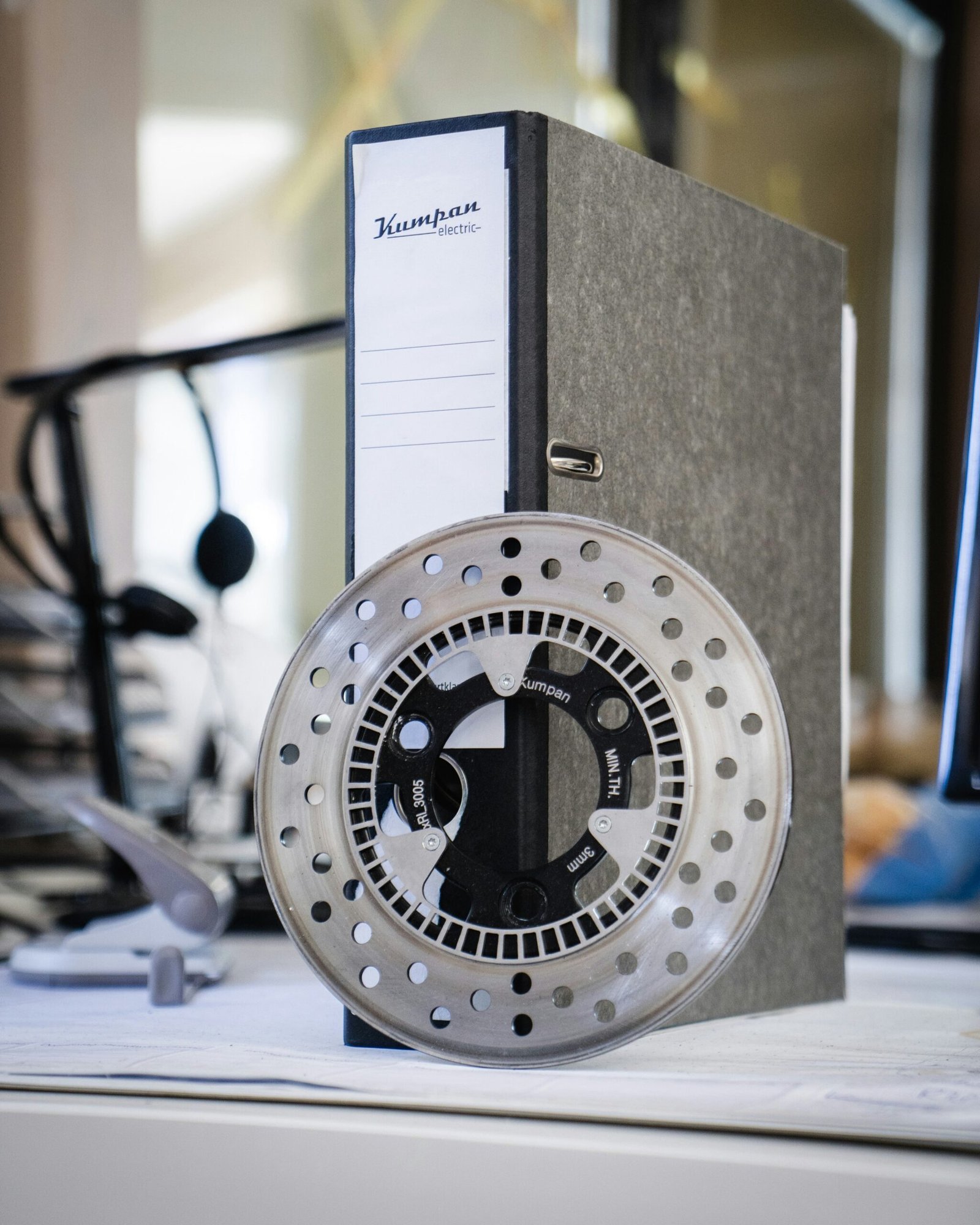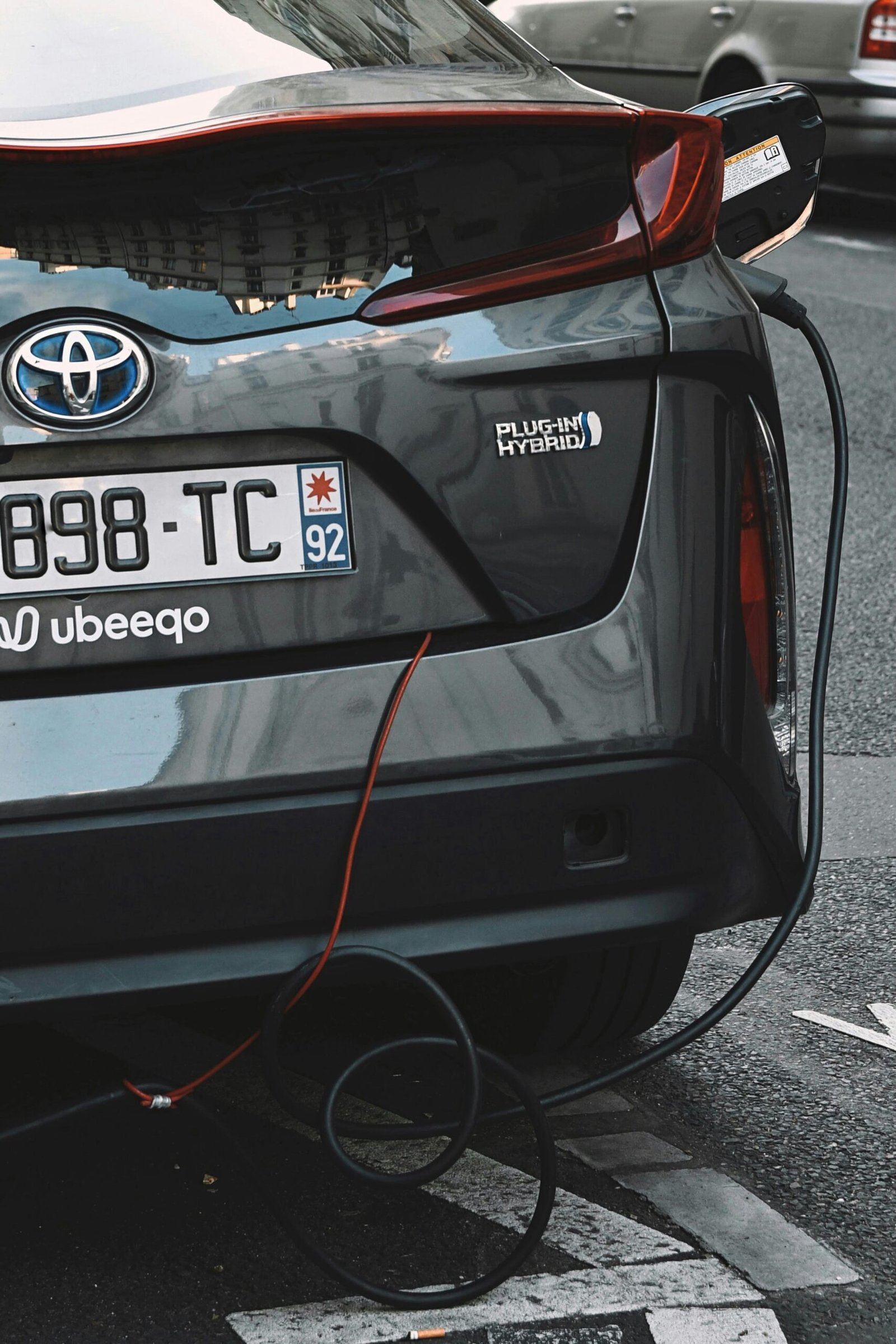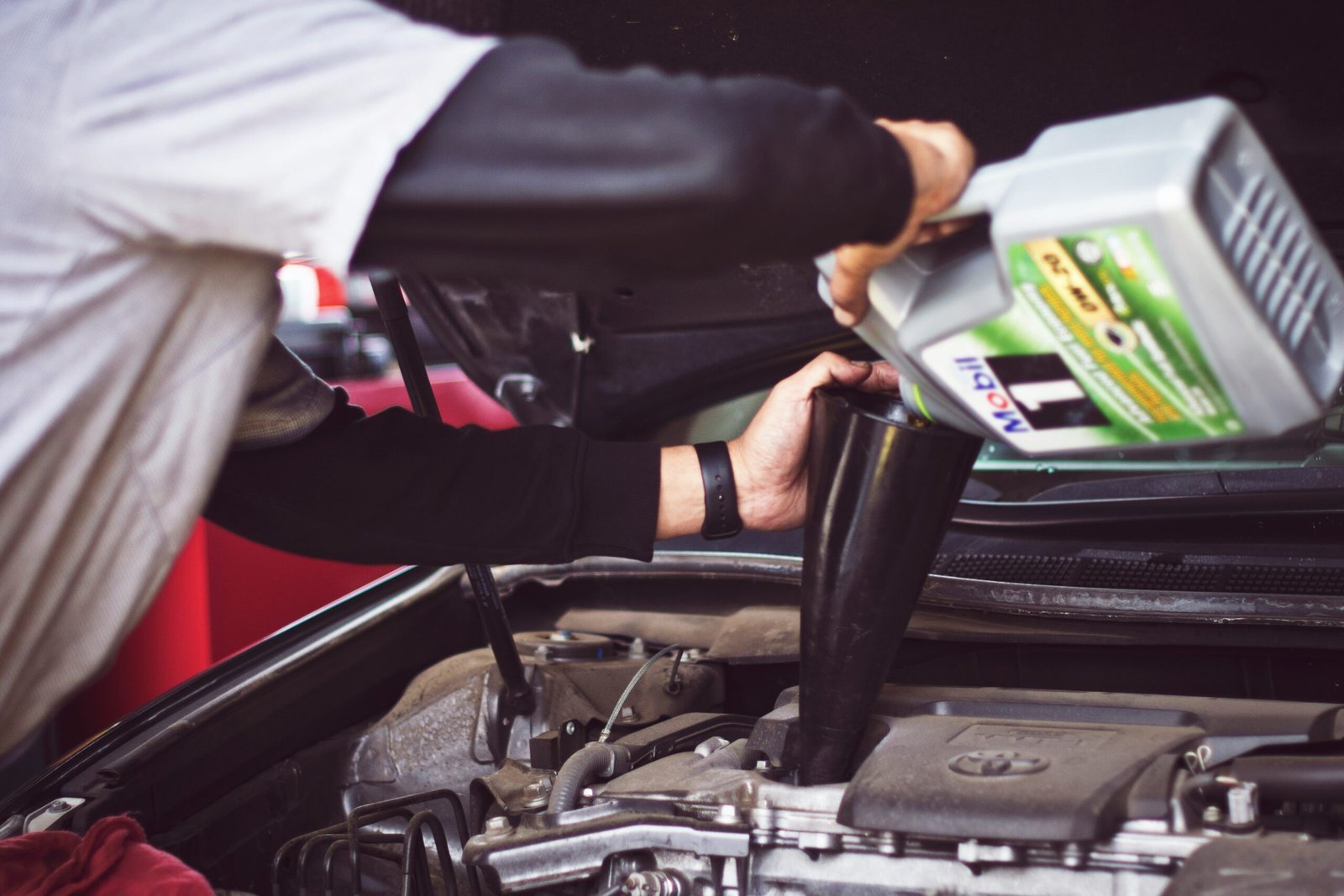As a responsible driver, it is crucial to prioritize the safety of yourself, your passengers, and others on the road. One of the most important aspects of vehicle safety is the brake system. Regularly checking and maintaining your car’s brakes is not only essential for your own well-being but also for the well-being of everyone around you. In this article, we will explore the reasons why every driver needs to check the brake system on their car regularly.
The Importance of a Well-Functioning Brake System
Your car’s brake system plays a vital role in ensuring your safety on the road. It allows you to slow down or bring your vehicle to a complete stop when necessary. A well-functioning brake system can prevent accidents and potentially save lives. On the other hand, neglecting brake maintenance can lead to brake failure, which can have catastrophic consequences.
Regularly checking your brake system helps to identify any potential issues early on, allowing you to address them before they become major problems. This proactive approach can prevent accidents, reduce repair costs, and extend the lifespan of your brakes.
Signs of Brake System Problems
Knowing the signs of brake system problems is crucial for every driver. By being aware of these signs, you can take prompt action and ensure the safety of yourself and others on the road. Here are some common signs that indicate potential brake system issues:
- Squeaking or Grinding Noises: If you hear unusual noises when applying the brakes, such as squeaking or grinding, it may indicate worn brake pads or other brake system problems.
- Spongy or Soft Brake Pedal: If your brake pedal feels spongy or soft when you press it, it could be a sign of air in the brake lines or a problem with the brake master cylinder.
- Pulling to One Side: If your car pulls to one side when you apply the brakes, it may indicate uneven brake pad wear or a stuck caliper.
- Vibration or Pulsation: If you feel a pulsation or vibration in the brake pedal when you apply the brakes, it’s likely a sign of warped brake rotors.
- Dashboard Warning Lights: If the brake warning light on your dashboard illuminates, it is essential to have your brake system inspected as soon as possible.
If you experience any of these signs, it is crucial to have your brake system checked by a qualified mechanic. Never ignore these warning signs as that could lead to further damage and a compromise of your safety on the road.
Regular Brake Maintenance
Regular brake maintenance is key to ensuring the optimal performance of your brake system. Here are some essential brake maintenance tasks that every driver should perform:
- Brake Pad Inspection and Replacement: Brake pads wear out over time and need to be replaced. Regularly inspecting your brake pads and replacing them when necessary is crucial for maintaining proper braking performance.
- Brake Fluid Check and Flush: Brake fluid plays a vital role in the operation of your brake system. Checking the brake fluid level regularly and flushing the system as recommended by your vehicle manufacturer can help prevent brake fluid contamination and ensure optimal brake performance.
- Brake Rotor Inspection: Brake rotors should be inspected for wear, warping, and scoring. If any issues are detected, resurfacing or replacement may be necessary.
- Brake Line Inspection: Inspecting the brake lines for leaks, corrosion, or damage is essential. Damaged brake lines can compromise the effectiveness of your brake system.
While some brake maintenance tasks can be performed by car owners themselves, it is recommended to have a professional mechanic inspect and service your brake system regularly. They have the expertise and specialized tools to ensure that your brakes are in optimal condition.
Conclusion
Regularly checking the brake system on your car is a responsibility that every driver should take seriously. By prioritizing brake maintenance, you are not only ensuring your own safety but also the safety of everyone else on the road. Pay attention to the signs of brake system problems, perform regular maintenance tasks, and seek professional help when needed. Remember, a well-functioning brake system is a crucial component of safe driving.
Frequently Asked Questions
1. How often should I check my car’s brake system?
It is recommended to have your car’s brake system checked at least once a year or as advised by your vehicle manufacturer. However, if you notice any signs of brake system problems, such as unusual noises or soft brake pedal, it is important to have it inspected immediately.
2. Can I perform brake maintenance myself?
Some brake maintenance tasks, such as inspecting brake pads and checking brake fluid level, can be performed by car owners. However, it is recommended to have a professional mechanic inspect and service your brake system regularly to ensure its optimal performance and safety.
3. How much does brake system maintenance cost?
The cost of brake system maintenance can vary depending on the extent of the required repairs and the specific vehicle. It is important to have your brake system inspected by a qualified mechanic who can provide an accurate estimate based on your car’s condition.
4. What happens if I neglect brake system maintenance?
Neglecting brake system maintenance can lead to brake failure, which can result in accidents and potential harm to yourself and others on the road. It can also lead to more expensive repairs in the long run. Regular maintenance helps pinpoint and address potential issues before they worsen.
5. Are there any specific driving habits that can prolong the life of my brakes?
Avoiding harsh braking and allowing ample space between your vehicle and the one in front of you can help prolong the life of your brakes. Additionally, avoiding excessive loads and driving at high speeds can reduce the strain on your brake system.






